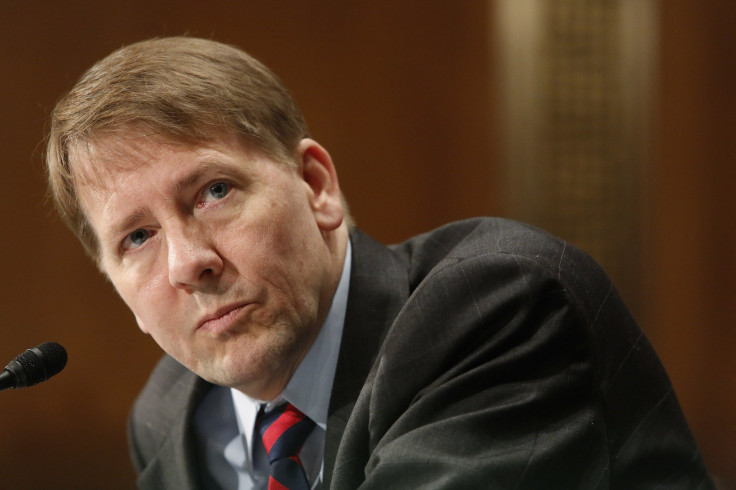Federal Consumer Finance Watchdog Opens Up Complaint Vault To Public Inspection

Thousands of consumer complaints against financial companies became public Thursday thanks to a new online database provided by the Consumer Financial Protection Bureau. The repository allows anyone with an Internet connection to view some 7,700 consumer narratives of the headaches and hassles faced by bank customers and borrowers.
The cache, just a fraction of the CFPB's 627,000-strong complaint database, could be embarrassing for the companies listed. A search for "JPMorgan," for instance, yielded 239 complaints related to the nation's largest bank by assets. A "Citibank" search brought up 99 records.
The database includes only those gripes that consumers felt comfortable enough sharing with the wider world. Complaints are confidential by default, but consumers can "opt in" to share their stories in the public databases -- an option that more than half of the participants take. The records have been shorn of potentially identifying personal information, including, for instance, dates and names of universities. Companies have the opportunity to submit public responses to complaints.
The banking industry lobbied the CFPB not to make the database public, arguing that it would be marred by specious claims. In a pointed letter earlier this year, the American Bankers Association said the database would risking turning the CFPB into "an 'official' purveyor of unsubstantiated, and potentially false, information."
But the CFPB pushed through the industry headwinds, announcing in March that it wouldn't back down in publishing the anonymous complaints. In a statement, CFPB Director Richard Cordray called the unveiling "a historic milestone that we believe will lead to better outcomes for everyone."
The CFPB gives companies 60 days to respond to grievances. Consumers providing narratives must prove a relationship with the company they're referencing, and no duplicates are allowed. Otherwise, the CFPB does not extensively vet the complaints.
Since its inception in July 2011, the CFPB has been the target of industry malaise and GOP defunding efforts. Originally proposed in 2007 by then-Harvard Professor Elizabeth Warren, the CFPB was authorized by the 2010 passage of the Dodd-Frank Act. Warren, now a Democratic senator representing Massachussets and a vocal opponent of the financial industry, helped midwife the agency as a presidential adviser in 2010.
© Copyright IBTimes 2024. All rights reserved.












